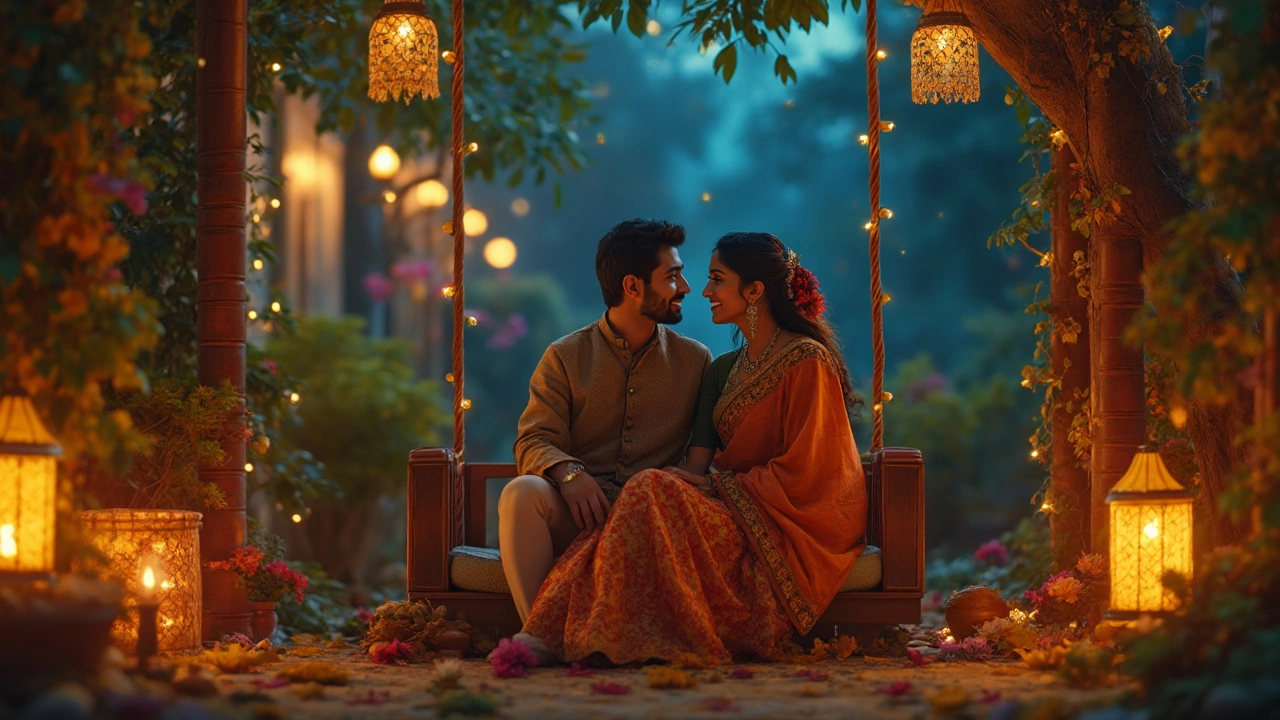Romantic Nicknames: Creative Pet Names for Your Loved One
When talking about Romantic Nicknames, affectionate terms couples use to address each other. Also known as pet names, they add playfulness and intimacy to a relationship. Babe in India, a popular slang phrase that many Indian couples use ‘babe’ is a classic example that shows how language shapes love. Choosing a nickname often means mixing regional flavor with personal taste, which is why Hindi pet names, terms like ‘jaan’, ‘shona’ or ‘pyaari’ that carry cultural warmth are so beloved across the sub‑continent.
Why the Right Nickname Matters
Romantic nicknames create a private language that strengthens bond and signals closeness. They also influence how partners express love in everyday chats, especially on platforms like WhatsApp. A well‑chosen nickname can boost confidence, while a mismatched one might feel forced. That’s why WhatsApp status ideas, short, catchy lines that showcase your love publicly often borrow from favorite pet names to keep the vibe consistent. The semantic link is clear: a nickname requires understanding of cultural context, and that context shapes the status you share.
In India, regional dialects add another layer. For instance, Punjabi couples might use “Sher” or “Mitti”, whereas Tamil lovers prefer “Thambi” or “Thangam”. These regional nicknames encompass local identity and require a bit of research to get right. The more you know about the language quirks, the easier it is to pick a name that feels natural. This is why many articles suggest exploring “couple slang” before settling on a term.
Another practical tip is to match the nickname to the personality you want to highlight. If your partner is caring, “Meri Pyaari” (my dear) works well; if they’re playful, “Masti” or “Gudiya” adds fun. This aligns with the idea that pet name selection, the process of choosing a nickname influences how love is communicated daily. A nickname also sets the tone for future conversations, making it a small but powerful tool in relationship building.
People often wonder how to introduce a new nickname without sounding cheesy. A smooth approach is to start with a light joke or a compliment, then slip the term in. For example, “You’re my shining star, my shona” feels casual yet affectionate. This technique demonstrates that the nickname requires a natural entry point, not a forced insertion. Over time, the term becomes a habit, and both partners feel more comfortable using it in texts, calls, and even face‑to‑face moments.
Beyond personal use, romantic nicknames also play a role in social media presence. Influencers often share their favorite pet names in captions, boosting engagement. This links back to our earlier point about status ideas, creative updates that reflect relationship vibes. When a nickname resonates with followers, it can inspire others to adopt similar terms, creating a ripple effect across digital platforms.
Finally, remember that nicknames evolve. What feels perfect today might feel outdated in a year. Stay open to change and let your partner’s feedback guide you. This adaptive mindset ensures that the nickname remains a genuine expression of love rather than a stale label. Below you’ll find a curated list of articles that dive deeper into each of these aspects, from cultural slang to practical tips for WhatsApp status updates, giving you everything you need to pick the perfect romantic nickname.

Romantic Nicknames: Unveiling Their Charm and Appeal
Romantic nicknames have been a part of intimate relationships for centuries, offering a way to express affection in a personalized manner. This article explores their origin, significance, and impact in relationships. Discover tips on crafting the perfect nickname, the cultural nuances in India, and how they can enhance your romantic bond. Whether you're new to love or looking to spice things up, understanding nicknames can deepen your connection.
Read more